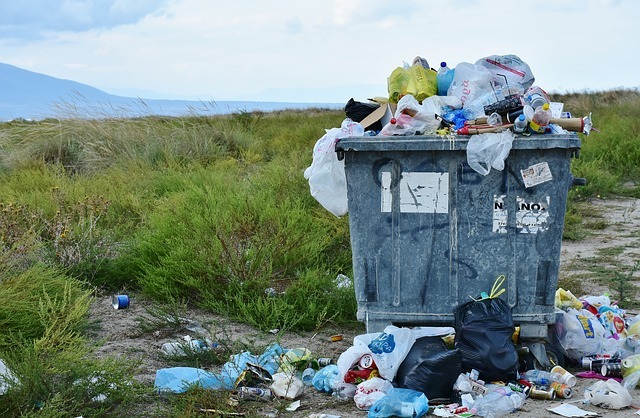France-based Suez has opened an advanced packaging sorting facility for lightweight packaging in Ölbronn, Germany.

Image: The SUEZ’s advanced packaging sorting facility will have annual processing capacity of 100,000 tonnes. Photo: Image by RitaE from Pixabay.
The new centre, touted to be the Europe’s most advanced packaging sorting facility, has an annual processing capacity of 100,000 tonnes. It features latest technology as an innovative optical system, which can optimise the sorting of waste streams for a better waste recovery.
Suez said: “The waste streams collected by local authorities are constantly growing and diversifying. This is why, users and local authorities have a key role to play in improving sorting in order to meet increasingly ambitious European targets for recycling and preparation for reuse set at 70% of municipal waste by 2030.
“In this context, the waste management stage is an essential link in increasing the proportion of recyclable waste.”
The innovative optical sorting system at the Ölbronn facility is designed to accurately sort up to 14 different categories of material, including 11 types of plastic.
Suez Group-Northern Europe and IWS Europe COO and senior vice-president Jean-Marc Boursier said: “It demonstrates our commitment to support them in achieving their targets set by the Packing Act with a greater precision for a better recovery. It also contributes to the region’s development, creating 50 local jobs.”
In June this year, Suez has announced its plans to build a recycling plant in Bang Phli district, near Bangkok, to turn plastic waste into circular polymers.
Expected to contribute to Thailand’s ambitious 2030 target to achieve 100% plastic recycling, the plant will be equipped to convert 30,000 tonnes per year of locally collected polyethylene film waste into high-quality post-consumer recycled plastic (PCR), thus producing quality secondary materials for the plastic industry.
Additional features of the new plant, which strengthens Suez’s presence in Southeast Asia, include an advanced water treatment system designed to reduce water usage. It will also meet the highest level of local environmental standards.
Suez currently operates nine specialist facilities in Europe which process a combined 400,000 tonnes of plastic waste in and produces 150,000 tonnes of circular polymers, annually.
